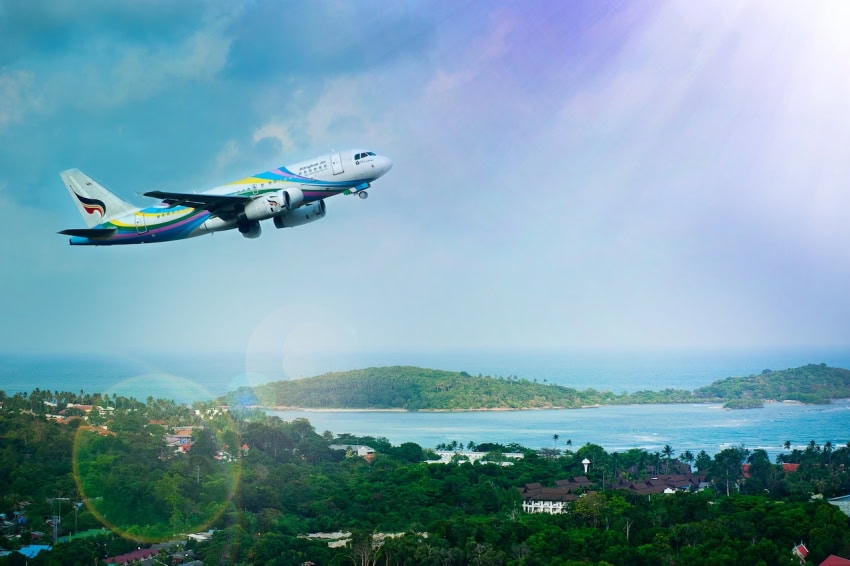KARACHI – Global airlines could consider diverting their operations away from Pakistan as they are finding it hard to repatriate around $290 million dollars from the country, the International Air Transport Association (IATA) warned on Monday
Calling Pakistan a “very challenging environment” to operate in, the body called on the country to change its practice of holding foreign currency at a time when it is facing economic crisis.
Due to the Balance of Payment crisis, Pakistan has restricted the outflow of US Dollars but air carriers sell tickets in local currency and then they need to repatriate dollars to pay for expenses such as fuel and maintenance charges and certainly a delay in the process dents their financial balance; Pakistan is holding the second-largest amount of foreign currency from airlines globally, after Nigeria.
Albert Tjoeng, Head of Corporate Communications at IATA highlighted that in general, over time, if conditions persist that make the economics of operation to a country unsustainable, one would expect airlines to put their valued aircraft assets to better use elsewhere.
Commenting on the development, Philip Goh, IATA’s Regional Vice President for Asia Pacific, called on the government to enhance the allocation of foreign exchange to airlines operating in Pakistan for smooth operation.
“A significant portion of an airline’s operational costs, such as maintenance, over-flights and fuel, are denominated in US dollars and settled through its head office,” Goh said as reported by Arab News.
“The currency repatriation challenges impact airlines’ timely access to its collection proceeds to meet payment obligations and increase the exposure to adverse foreign exchange movements.”
Goh opined that Pakistan was currently a very challenging environment for airlines and the government has imposed a Federal Excise Duty (FED) on air tickets for premium travelers, and is mulling to increase it which will make travel more expensive and thus reducing it after all.
The IATA official said Pakistan’s holding of foreign exchange was affecting the ability of foreign companies to repatriate their funds out of Pakistan and some airlines had funds stuck in Pakistan from sales as early as 2022.
“Furthermore, the process for applying for currency repatriation is onerous. Airlines are required to provide an auditor’s certificate with each remittance showing the amount to be remitted,” Goh said and added that this process compels the airlines to undergo a monthly audit process instead of an annual audit thereby increasing their expenses.
Underlining the need for tapping the potential, Goh said Pakistan boasts a population of over 220 million but only 10.6 million people flew internationally in 2021-2022.
The official cited a 2018 IATA study in which it was stated that the number of air passengers in Pakistan had the potential to reach more than 35 million by 2038, contributing $9.3 billion in GDP and supporting almost 800,000 jobs.
Despite that the airlines were facing challenges, the IATA officials said decisions ragarding diversion or suspension of operations would be made by carriers on their own subject to circumstances.
Pakistan has been struggling to shore up its foreign exchange reserves which have fallen drastically to levels barely enough to cover the import bill for three weeks. The country is trying to negotiate with International Monetary Fund (IMF); however, the negotiations have not borne fruit yet.














